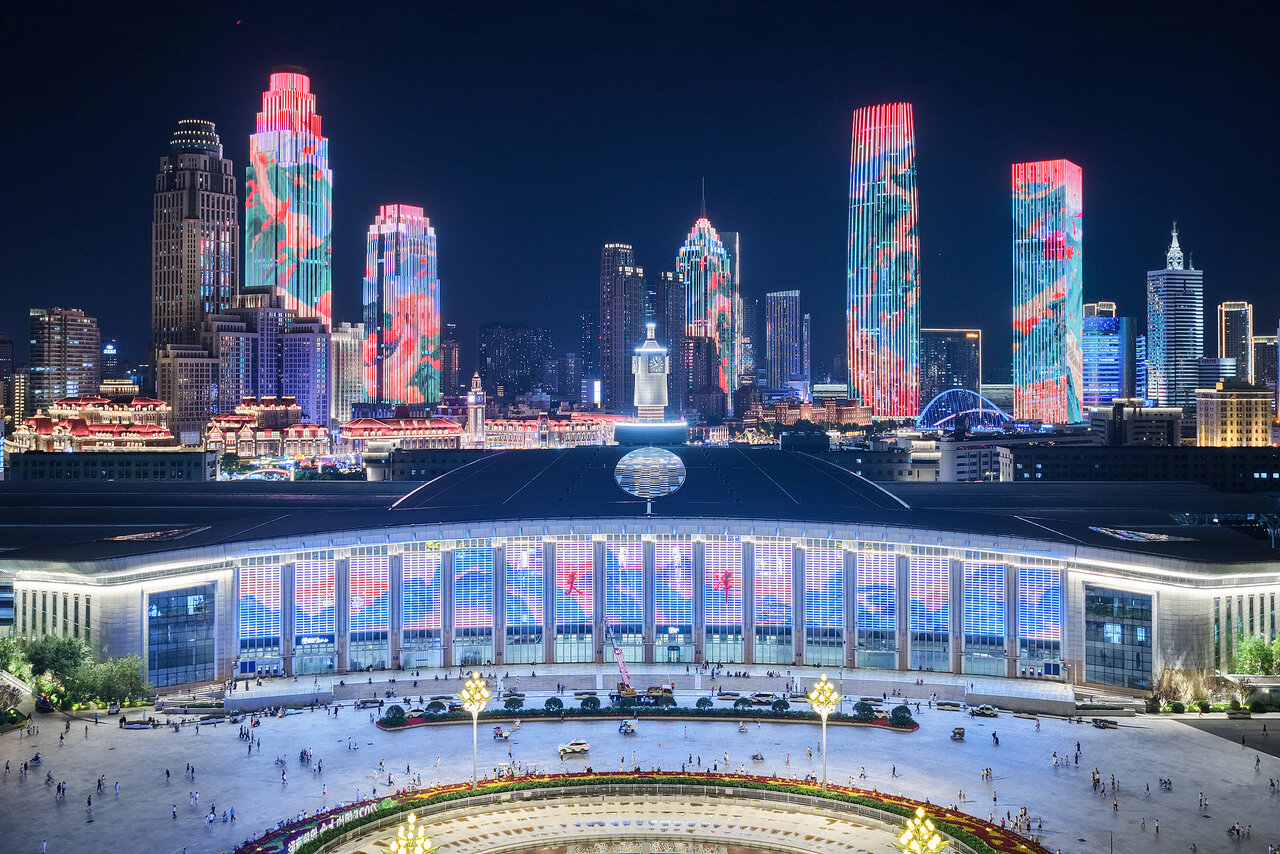Improving global governance starts from pursuing equality

Proposing the Global Governance Initiative (GGI) at the "Shanghai Cooperation Organization Plus" meeting in Tianjin, Chinese President Xi Jinping highlighted five principles for the Initiative: to adhere to sovereign equality, to abide by international rule of law, to practice multilateralism, to advocate the people-centered approach, and to focus on taking real actions.
Reforming and improving the current global governance system starts from pursuing equality and should strive for a new system that benefits all. This is not only China’s belief, but also a principle China has acted on as a decades-long practitioner of global governance.
Equality in global governance first and foremost means all nations, regardless of political or economic system, size, history or religion, are entitled with equal rights to sovereignty and development. More importantly, it means all nations have equal rights in choosing their own national paths of development and political system. Their choices in building up a national system based on their own history, culture, tradition and national conditions should be respected. Equality would only ring hollow if such rights were not guaranteed.
This principle of equality proposed in China’s GGI is a reflection of the fundamental realities of our world today.
The first reality we need to confront is that inequality is a feature that defines our age. Although tech innovation under globalization may provide opportunities for Global South countries to overcome their disadvantaged position in a stratified global trading system, Global North countries have continued to dominate the system through their accumulated advantages in capital, human resources and knowledge. A report in January this year by the World Bank found that due to barriers in trade, tech and others, the overall economic growth for developing economies dropped from 5.9 percent in the 2000s to 5.1 percent in the 2010s to 3.5 percent in the 2020s. The gap between rich and poor countries has only widened. Adding to the disparity among countries, the income inequality within nations remains constant. A May report by the UN this year discovered that two-thirds of the world’s population live in countries where income inequality is growing and more than a third of the world’s population lives on between 2.15 and 6.85 dollars a day.
Another reality we need to acknowledge is that while the evolving issues of our shared future such as urbanization or the global decarbonization cause might provide chances for equalization, they also pose risks for further marginalization for the already disadvantaged down the road. Take the ongoing revolution brought about by artificial intelligence (AI) as an example. World Bank data shows that compared to 80 percent and 93 percent in upper-middle and high-income nations, internet access is just 27 percent in low-income countries and 52 percent in lower-middle-income countries. Thus, high-income countries are holding a distinct advantage in capitalizing on the values brought by AI thanks to their superior digital infrastructure and abundant AI development resources. Plus, AI is challenging development models in emerging markets that previously relied on export-oriented manufacturing by making manufacturing more technology and capital intensive. The traditional way of using more labor to improve productivity is gradually running out of time, which will be particularly hard for these economies moving forward.
In its decades of practices in global governance, China has been providing its answers to the question of equality. Since the founding of the People’s Republic of China, equality has stayed at the core of China’s foreign policy, evident in several key policy proposals such as the “Five Principles of Peaceful Coexistence,” a community with a shared future for humanity, etc. A member of the Global South community itself, China also pursued equitable global governance by advocating the rights of the Global South. China has pushed for stronger representation of Global South countries within multilateral mechanisms such as the reform of the International Monetary Fund, and supporting the African Union in becoming a G20 member, among others. China also gave its support to the growth of under-developed economies over the years. For instance, starting from December 2024, China granted zero-tariff treatment to all the least developed countries in Africa with which it has diplomatic relations on 100 percent of their products.
In all, confronting the disparity and unfairness in the global governance system we have now and upholding the principle of equal rights for all is a premise for improving it. It is also one of the starting points of the Global Governance Initiative that China has just proposed.
Photo: An aerial view of Tianjin at night, August 22, 2025. /CFP
Editor's note: CGTN's First Voice provides instant commentary on breaking stories. The column clarifies emerging issues and better defines the news agenda, offering a Chinese perspective on the latest global events.
Source: China Global Television Network (CGTN)
Leave a Comment